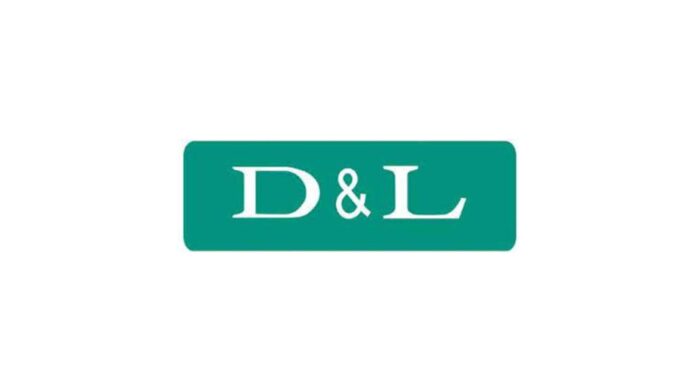Chemical manufacturer D and L Industries Inc. appreciates the potential for growth in volume and margin for subsidiary Chemrez Technologies Inc. should government raise the mandated coco-biodiesel blend to 3 percent next year.
In an interview, DNL president Alvin D. Lao said the increase from two to three percent would mean an automatic 50 percent adjustment in the blend from B2 to B3.
“The effect on volume and margin will be substantial,” he said.
The Biodiesel Law was legislated in 2006 with the B1 blend imposed in 2007 and the B2 in 2009. The law mandates the use of coconut oil-based biodiesel as feeds stock for the production of coco-methyl ester (CME) or coco-biodiesel.
“Everyone in the industry expected the planned increase to 5 percent to proceed as scheduled but the blend was frozen at 2 percent from 2009 until today. However, biodiesel manufacturers like us had already increased capacity in preparation for the B5 blend,” he said.
According to Lao, the biodiesel industry has since been ready to provide even the 5 percent blend although the actual demand is only a 2 percent or only 40 percent utilization.
“(The) low utilization means margin is low and everyone is under-utilized and operating at very low capacity. We think that when the increase comes, it will likely be gradual,” he said.
The government is seen planning to implement the increase in biodiesel blend to B3 by July next year and possibly increase this further by another one percent a year until the blend hits B5 in 2026.
DNL, through subsidiary Chemrez, is the biggest player in biodiesel with a plant that produces consistently high-quality CME.
The benefits of higher biodiesel blend include lower pollution, import substitution, value adding of coconut oil and mileage improvement.







